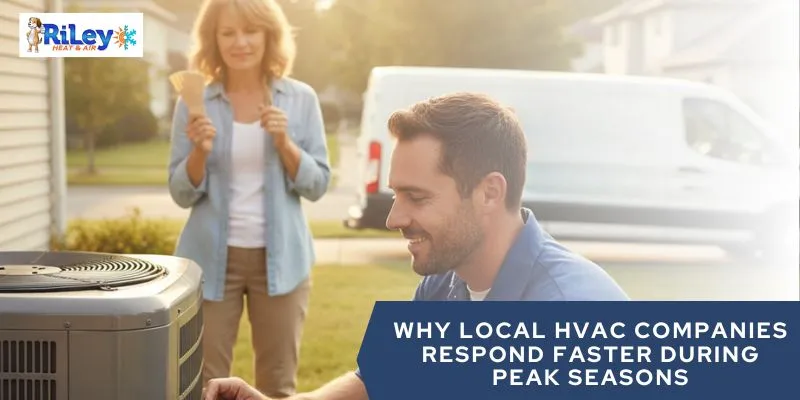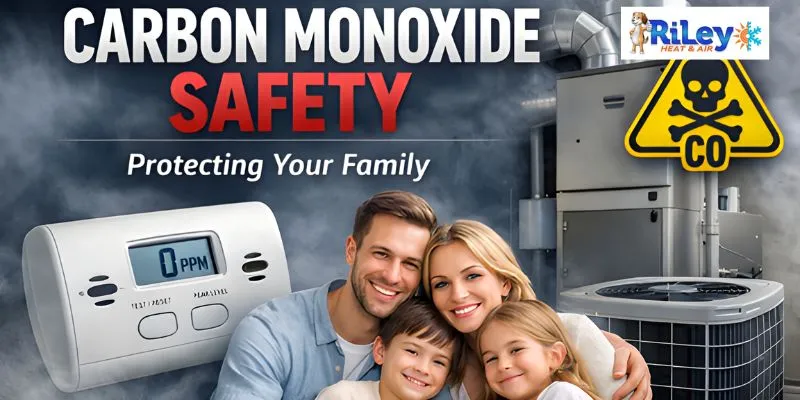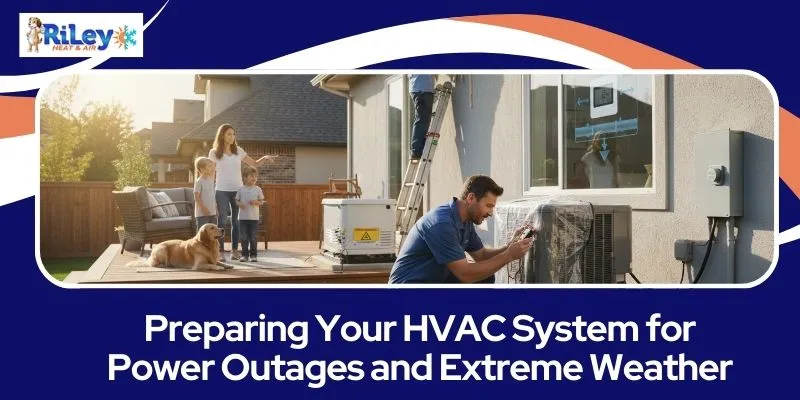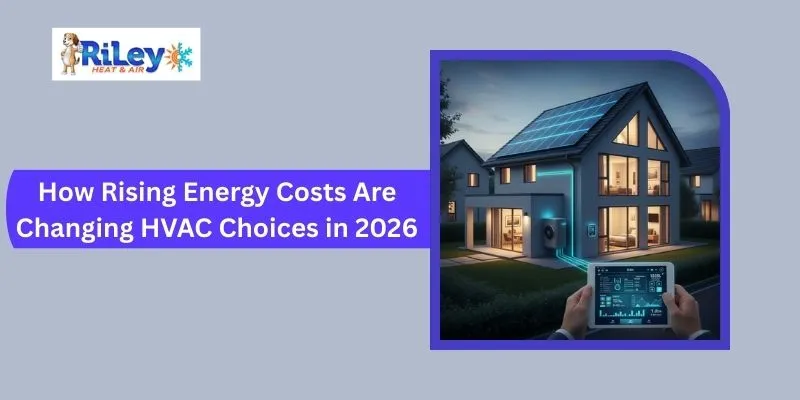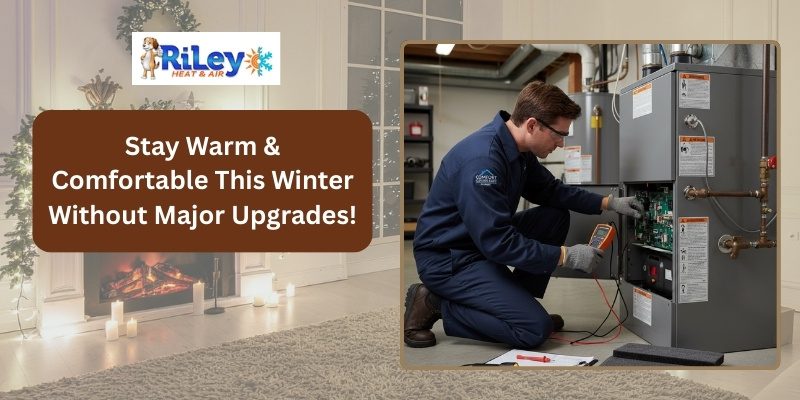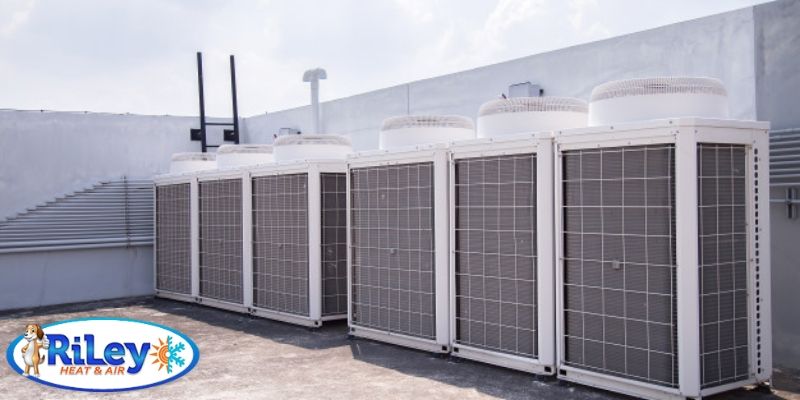
Major Myths about HVAC Services
Separating the truth from fiction can be difficult when it comes to HVAC systems. This is because there exist many contradicting opinions that surround the use of this system. Misinformation can lead you to make the wrong decisions in terms of the HVAC installation, proper operation, and HVAC maintenance among others. To help you avoid this, here are some of the most common myths associated with HVAC services and the truths concerning them.
Air filters need to be changed only once every year
People mostly forget or disregard the changing of air filters of the HVAC system. This may be because they believe that an air filter only needs to be changed once a year. Air filters are meant to be changed almost every 30 days, making this a huge mistake. The frequency of doing so, although, may vary depending on the type of filter and whether you have pets, and even then, it is unlikely that this duration hits the annual mark.
By regularly checking and changing the filters, you avoid dirt buildup which will affect the performance of the system and risk contaminating your home’s air.
The bigger the system, the better the efficiency
A larger HVAC system does not necessarily equate to a better performing system. In fact, getting an oversized system for your home can negatively impact its efficiency. An HVAC system that is larger than needed will also lead to unnecessarily high purchase and operation costs. It can also lead to a shorter lifespan of the same.
Before an HVAC installation, seek the guidance of HVAC contractor on the right sized system for your home. Apart from the size of your home, they will look at other factors such as the windows and their orientation, volume, leakages, and insulation among others. An HVAC system should be appropriately sized for optimal performance.
Heating and cooling losses happen only through the windows
In as much as the windows of in your home can contribute to energy loss, they are not the only way in which this can happen. You should, therefore, direct your efforts towards other sources of heating and cooling loss.
Air leaks can be brought about by any other gaps in your home. A poorly insulated ceiling and walls can also be the reasons behind energy losses. Spotting leaks and poorly insulated areas of your home can be hard to figure out on your own. Due to this, you may get an HVAC contractor to help you with this as well as to properly seal the leaks and insulate your home. This will increase the efficiency of your system and reduce your energy bills.
Closing vents in rooms which are not in use
Another common misconception is that closing off the vents in empty rooms is a good practice. The idea that is usually behind this is to save on the energy that is being used to heat or cool these rooms. This is, however, not the case.
The blocking of these vents leads to increased pressure in the ducts. This excess pressure is strenuous to the HVAC system hindering it from functioning properly. It could also lead to leakages. Hence, all vents should always remain open despite the rooms that they are in.
Regular maintenance is not necessary
Most people will think of calling an HVAC contractor only when in need of HVAC repairs after the system has broken down. This is, however, not the advisable way to go about the maintenance of your HVAC system. You need to also call in the technician for regular checkups of the system.
This way, they will be able to perform fixups on your system and prevent any upcoming issues from occurring or worsening. This eliminates the chances of extensive damages in the future saving you on expensive HVAC repairs. This will also ensure that your system is always in the best working condition and providing you with maximum efficiency.
Equipping yourself with the right knowledge will put you on the right track to enjoying an efficient system and avoid unnecessary HVAC repairs and HVAC maintenance costs. Busting some of the popular myths about HVAC systems is a great step towards this. This is because practices surrounding these myths are likely to do more harm than good.
Tags :


